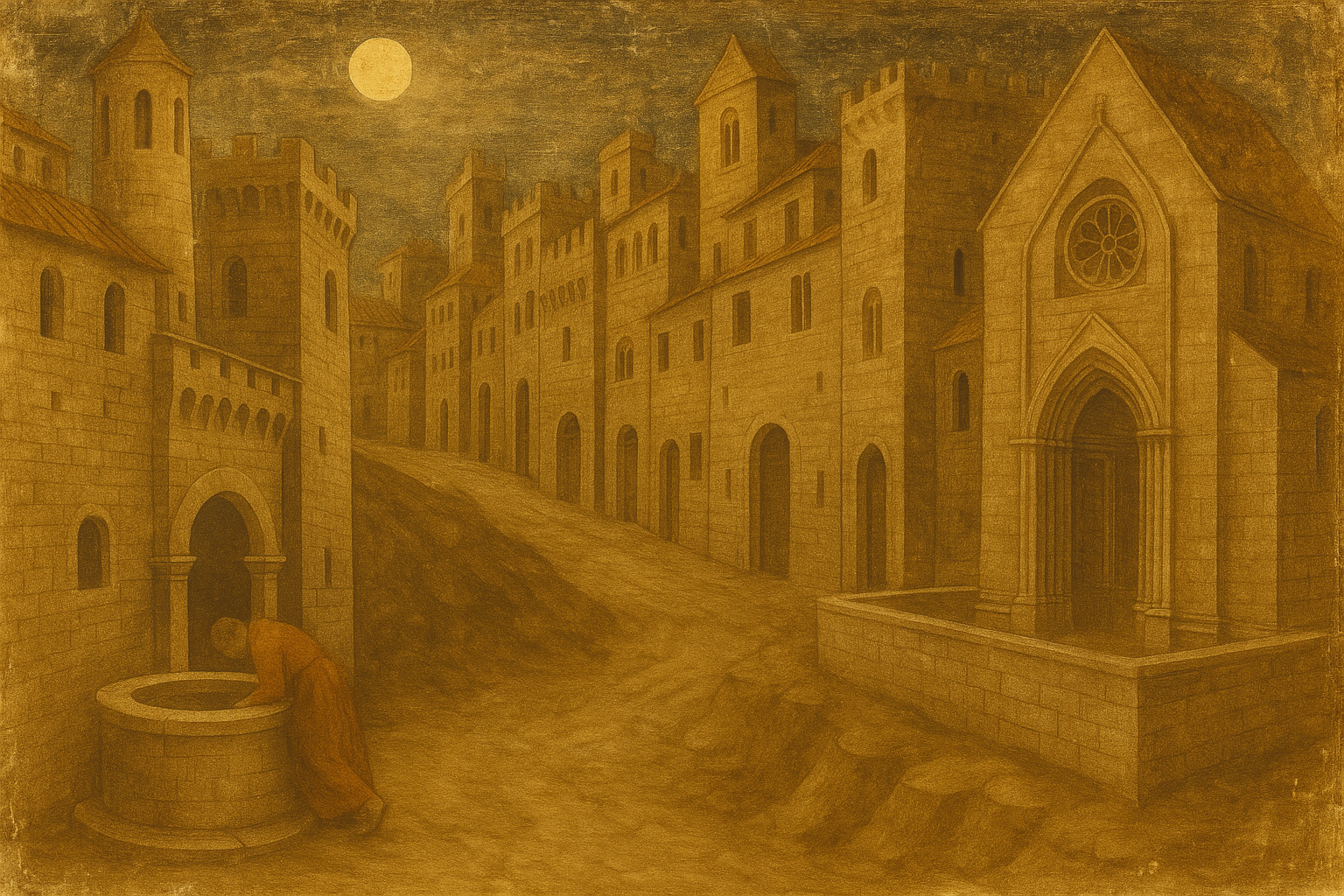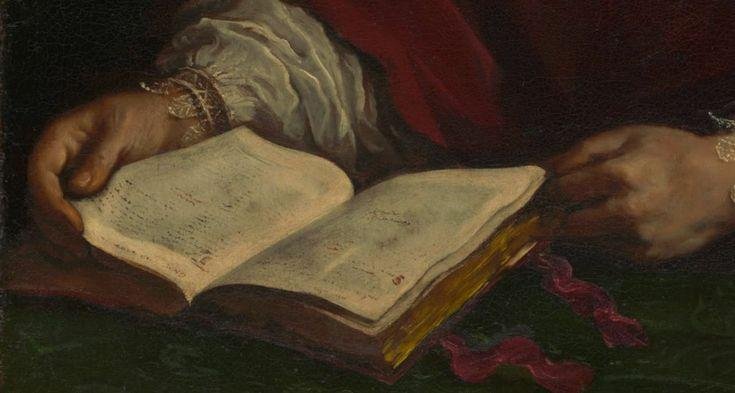"From Fool to Fortune: The Chaotic Luck of Andreuccio da Perugia" -Day 2, Tale 5

Introduction
Giovanni Boccaccio's Decameron frequently concerns the ways fortune and cleverness determine the human condition. In Andreuccio da Perugia's story, Boccaccio narrates a quick-witted and humorous account of an inexperienced youth whose misadventures in Naples teach him tough lessons in trusting, outwitting, and staying alive. This review discusses how the story uses humor and irony to demonstrate the thin margin between catastrophe and opportunity and how even a fool can blunder into success.
Summary
Perugian horse trader Andreuccio arrives in Naples with his belt full of coins. In no time, he is robbed by a stunning prostitute posing as his lost sister. She convinces him to reveal his money, and while he is distracted, she drugs him and pushes him out of a window. Humiliated and deprived, Andreuccio attempts to wash himself at a public well, where he ends up falling into it. Stolen by robbers, he is enlisted to assist them in burglarizing a bishop's tomb. In the robbery, the others make their escape, and Andreuccio is left behind only to be left with the bishop's costly ring, having escaped wealthier than he came in.
Analysis
This story is a shining example of the way Boccaccio intermingles slapstick tragedy with bursts of inadvertent success. Andreuccio starts out as a naive stranger, an outsider to Naples and its perils. His rapid descent from arrogant merchant to penniless, dirty victim is ruthlessly cartoonish. But Boccaccio's agenda isn't merely to taunt him it's to demonstrate how uncertain life can be.
Thematically, the narrative is propelled by fortune both its capriciousness and its benevolence. Andreuccio doesn't do anything especially wise to make his fortunes better; rather, much of what befalls him is chance, either good or bad. Boccaccio is here perhaps commenting on the way things fall into place as much by chance as by any conscious decision.
All the same, Andreuccio is not helpless. When he is tossed into the well and stolen from, he does not fall apart in despair. Rather, he keeps going. His persistence, though clumsy, pays off in the end. In this manner, Boccaccio also compensates endurance those who persevere, even when they are humiliated, may eventually get a reprieve.
There's also a great deployment of irony through the story. The house of the prostitute, masquerading as a home for family reunion, is a trap. The well, which is supposed to purify him, almost kills him. And the grave the nadir of the story's setting ironically bestows on him his wealth. These upsets engage the reader on both an entertainment level and a thinking level.
Personal Response
I really enjoyed this tale for its energy and humor. Andreuccio’s journey is a rollercoaster of bad luck and absurd turns, but I found myself rooting for him despite his mistakes. It reminded me that sometimes, life’s chaos can bring unexpected rewards. I also liked how Boccaccio doesn’t judge his characters too harshly he just lets the story unfold and trusts the reader to take away the lessons.
Conclusion
The story of Andreuccio da Perugia is a humorous journey that reflects the mercurial quality of life. In a series of accidents and ultimately, good fortune Boccaccio sketches a world where chance has the upper hand. Andreuccio's tale reminds us that persistence, no matter how inept, has its own brand of intelligence. Whether we are ridiculing him or learning from him, his misadventures linger long after the end of the story.








